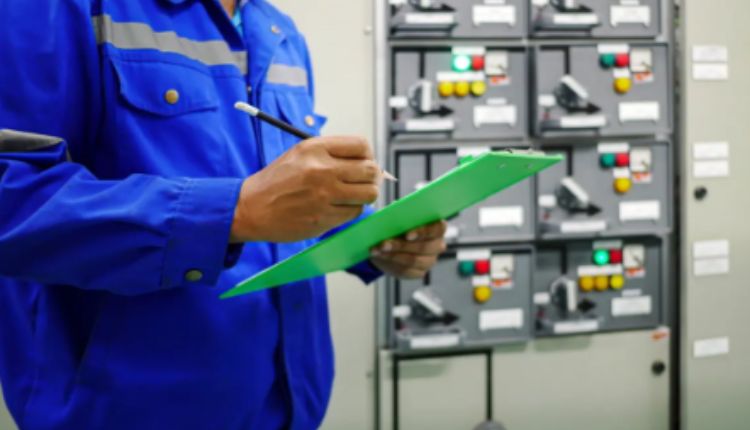A Practical Guide to Evaluating Outdated, Overloaded, or Inefficient Systems
In the fast-paced world of facility management Control Panel, keeping systems running efficiently and safely is a constant challenge. While HVAC units and lighting often get regular attention, one critical component is frequently overlooked until something goes wrong: the electrical control panels.
These panels are the central nervous system of your building’s electrical infrastructure. They manage everything from lighting and climate control to machinery and emergency systems. When functioning properly, they help keep your operations smooth and safe. But when outdated or overloaded, they can become silent liabilities—causing energy waste, frequent malfunctions, or even fire hazards.
Whether you’re overseeing a healthcare facility, warehouse, office building, or manufacturing plant, regular control panel evaluations are essential. Here’s a checklist of key questions every facility manager should ask their electrician to determine if their electrical control panels need attention.
1. How Old Are the Panels—and Are They Still Code-Compliant?
Electrical codes and safety standards evolve. Panels that were installed 20 years ago might not meet today’s regulations. Ask your electrician:
- When were the panels installed or last updated?
- Do they comply with the most current NEC (National Electrical Code)?
- Are there any visible signs of wear, corrosion, or overheating?
Outdated panels may not only be inefficient—they can also put your facility at legal and safety risk.
2. Are the Panels Properly Labeled?
Clear labeling is crucial for troubleshooting, maintenance, and emergency response. You should ask:
- Are all circuits clearly labeled with accurate descriptions?
- Can staff or technicians quickly identify the purpose of each breaker or switch?
If your electrical control panels are poorly labeled or have faded tags, your electrician can re-label them for better clarity and compliance.
3. Is the Panel Operating at or Near Capacity?
Overloading is one of the most common issues in commercial and industrial buildings. Overloaded panels can cause breakers to trip frequently and can even lead to overheating or electrical fires.
- Is the panel running near its maximum load?
- Are there any signs of frequent tripping or overheating?
- Can the panel handle the current and future electrical demand?
If you’re planning to add new equipment or expand your facility, your electrician can perform a load analysis to ensure the panel can handle the increased demand.
4. Are There Any Safety Hazards Present?
An experienced Idaho Falls electrician will know what to look for in terms of safety red flags, including:
- Exposed wiring or missing panel covers
- Double-tapped breakers (multiple wires connected to a single breaker)
- Signs of water damage or rust
- Unprotected connections or overloaded circuits
These issues can lead to serious hazards and should be addressed immediately.
5. Is the Panel Energy-Efficient?
Older panels lack the automation and energy management features of modern systems. Ask your electrician:
- Are there any opportunities to improve energy efficiency?
- Can we integrate smart controls or energy-monitoring devices?
- Would upgrading the panel reduce our utility costs?
Modern electrical control panels often support automation, remote monitoring, and energy reporting—making them powerful tools for improving building efficiency.
6. Is There Room for Expansion or Upgrades?
Facilities evolve. Whether you’re adding new machinery, renovating office space, or installing renewable energy systems, your panel must support those changes.
- Is there enough physical space in the panel for future breakers?
- Can this panel be adapted to integrate solar, backup batteries, or smart building systems?
If the current panel is maxed out, your electrician may recommend a sub-panel or a full upgrade.
7. When Was the Last Maintenance or Inspection?
Preventive maintenance is cheaper than emergency repairs. If you’re unsure when the last check-up occurred, it’s time to schedule one.
- When was the last professional inspection?
- Were any issues noted or recommendations made?
- Are maintenance records up to date?
Routine inspections help spot issues early and ensure compliance with insurance and regulatory standards.
Partnering with Your Electrician
As a facility manager, you don’t need to know the inner workings of every breaker and busbar—but you do need to know what questions to ask. By collaborating with a licensed electrician and reviewing this checklist regularly, you can ensure that your electrical control panels remain safe, efficient, and ready to support your facility’s operations now and into the future.
Upgrading or maintaining control panels might not be as flashy as installing new tech or furniture—but it’s one of the smartest investments you can make in safety, sustainability, and operational uptime.






